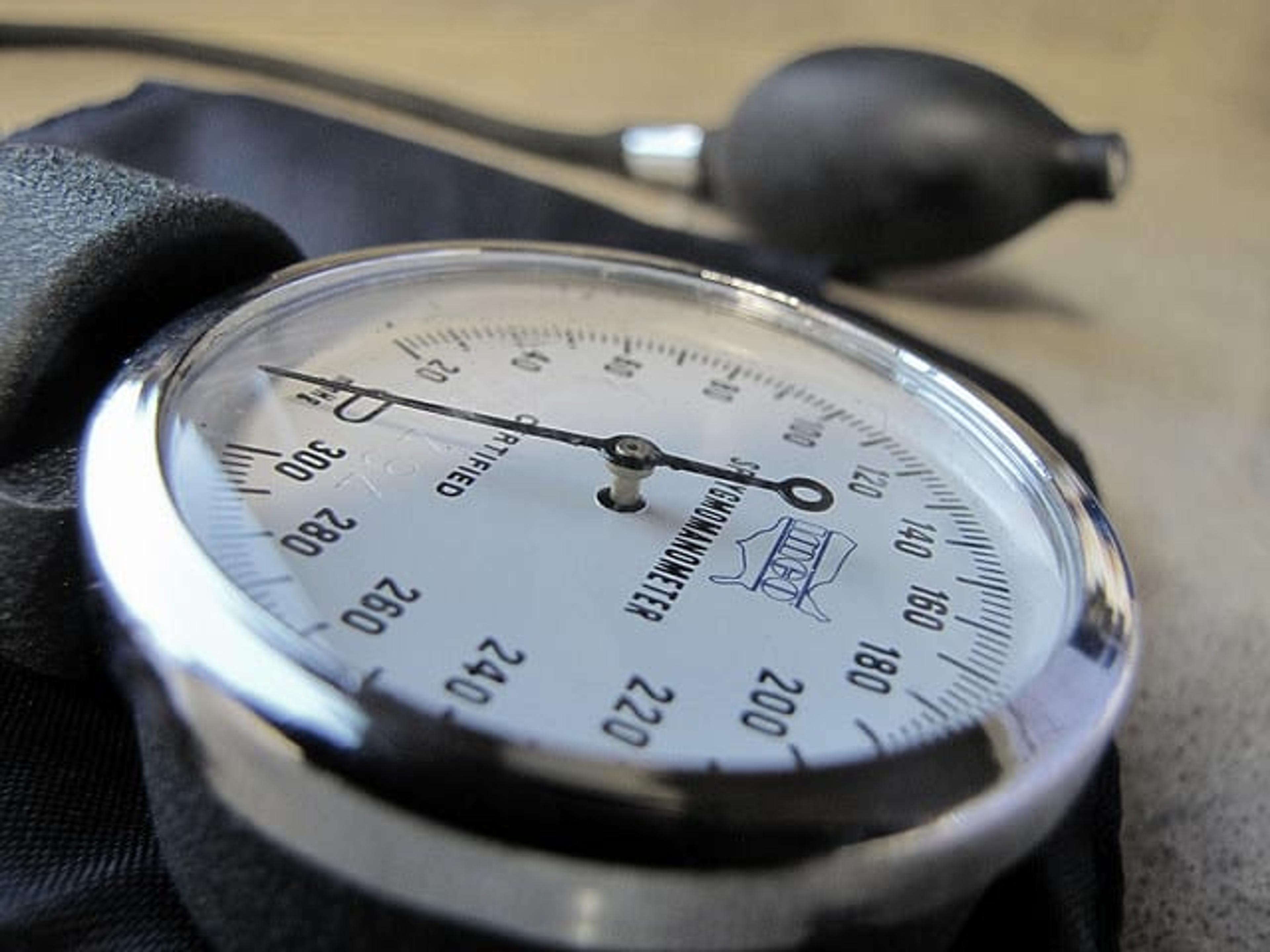New warning: Moderately high blood pressure is dangerous too
| 2 min read

It used to be that if you didn’t have high blood pressure, you didn’t have to worry too much. But new research suggests that people in the gray area, between 120/80 and 140/90, are at higher risk for health complications as well.
People with pre-hypertension (a.k.a. that middle area between normal and high blood pressure) were 66 percent more likely to suffer from a stroke than those with blood pressure in the healthy range. The study went even deeper and found that if you were at the top of the pre-hypertension level, you were 95 percent more likely to have a stroke.
What does this mean for you? Even if you feel fine, get your blood pressure checked at your next physical and talk with your primary care physician about ways to reduce your risks of developing heart disease. And if you find out you are in the danger range, here are ways you can lower your blood pressure:
- Combat stressful situations. The more stress you have in your life, the more likely you are to have elevated blood pressure. And with work being one of the main factors of stress in a person’s life, it’s important to take a few minutes every day to calm your anxiety either with a good laugh, a walk outside or even listening to a really great tune.
- Improve your eating habits. A vegetarian diet has recently been found to be a positive influence on blood pressure levels. Plant-based diets are lower in sodium and saturated fats.
- Up your time spent moving. Exercise is one of the best natural ways to reduce your blood pressure. Working out makes the heart use oxygen more efficiently, thus not having to pump as hard to keep your blood moving.
Photo credit: jasleen_kaur





